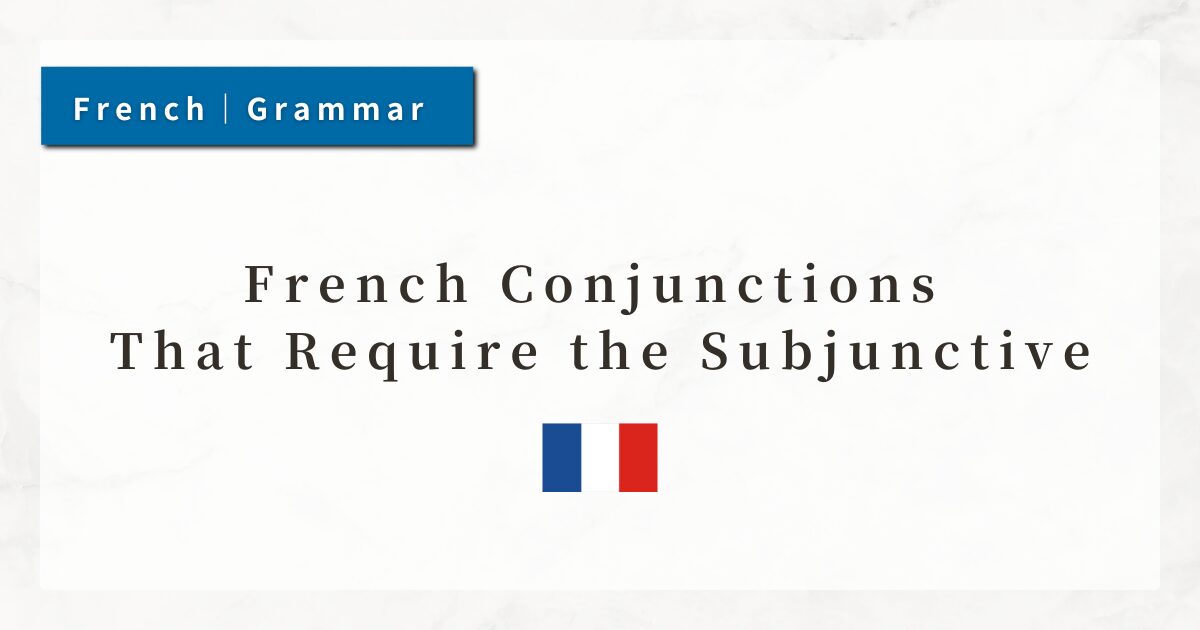#76 French Reported Speech and Sequence of Tenses | Rules and Examples

In French, reported speech is the way of conveying someone else’s words within one’s own sentence. Unlike direct speech, which uses quotation marks to reproduce the exact words (“He said, ‘…’”), reported speech integrates the statement into a clause without quotation marks.
The key point here is the sequence of tenses. When the introducing verb (such as dire, demander, répondre) is in a past tense, the verb in the subordinate clause usually shifts one step back in time.
This lesson explains the basic structure of reported speech in French and the rules of tense agreement with clear examples.
1. Basic Structure of Reported Speech
In direct speech, the statement is shown inside quotation marks « … ».
In reported speech, verbs like dire (to say), demander (to ask), répondre (to answer), or penser (to think) are followed by a que-clause expressing the content of the speech.
- Direct speech:
Il a dit : « Je suis fatigué. »
(He said, “I am tired.”) - Reported speech:
Il a dit qu’il était fatigué.
(He said that he was tired.)
Here, suis (present tense) becomes était (imperfect) because the introducing verb a dit is in the past tense, requiring a shift in tense.
2. Basic Rules of Tense Agreement
If the introductory verb is in the present or future tense, the tense of the subordinate clause does not change.
If the introductory verb is in a past tense (passé composé, imparfait, plus-que-parfait, etc.), the subordinate clause shifts one step back in tense.
Typical correspondences:
| Direct Speech (original) | Reported Speech (introductory verb in past tense) |
|---|---|
| Present Indicative | Imparfait |
| Passé Composé | Plus-que-parfait |
| Future Simple | Conditional Present |
| Future Perfect | Conditional Past |
3. Examples of Tense Changes
3-1. Present → Imparfait
- Direct:
Elle a dit : « Je suis fatiguée. »
(She said, “I am tired.”) - Reported:
Elle a dit qu’elle était fatiguée.
(She said that she was tired.)
3-2. Passé Composé → Plus-que-parfait
- Direct:
Il a dit : « J’ai terminé mon travail. »
(He said, “I finished my work.”) - Reported:
Il a dit qu’il avait terminé son travail.
(He said that he had finished his work.)
3-3. Future Simple → Conditional Present
- Direct:
Elle a dit : « Je partirai demain. »
(She said, “I will leave tomorrow.”) - Reported:
Elle a dit qu’elle partirait le lendemain.
(She said that she would leave the next day.)
3-4. Future Perfect → Conditional Past
- Direct:
Il a dit : « J’aurai fini avant 8 heures. »
(He said, “I will have finished before 8 o’clock.”) - Reported:
Il a dit qu’il aurait fini avant 8 heures.
(He said that he would have finished before 8 o’clock.)
4. Changes in Pronouns and Time Expressions
In reported speech, not only the tense but also pronouns, adverbs of time, and place expressions may change.
4-1. Pronoun Changes
- Direct:
Elle a dit : « Je t’appellerai demain. »
(She said, “I will call you tomorrow.”) - Reported:
Elle a dit qu’elle m’appellerait le lendemain.
(She said that she would call me the next day.)
4-2. Time and Place Expressions
| Direct Speech | Reported Speech |
|---|---|
| aujourd’hui (today) | ce jour-là (that day) |
| demain (tomorrow) | le lendemain (the next day) |
| hier (yesterday) | la veille (the previous day) |
| ici (here) | là (there) |
5. Summary
- Reported speech transforms direct speech into a que-clause.
- If the introductory verb is in the present or future tense → no tense change.
- If the introductory verb is in a past tense → the subordinate clause shifts one step back.
- Tense changes include:
1. Present → Imparfait
2. Passé Composé → Plus-que-parfait
3. Future Simple → Conditional Present
4. Future Perfect → Conditional Past - Pronouns, time expressions, and place adverbs may also change.




